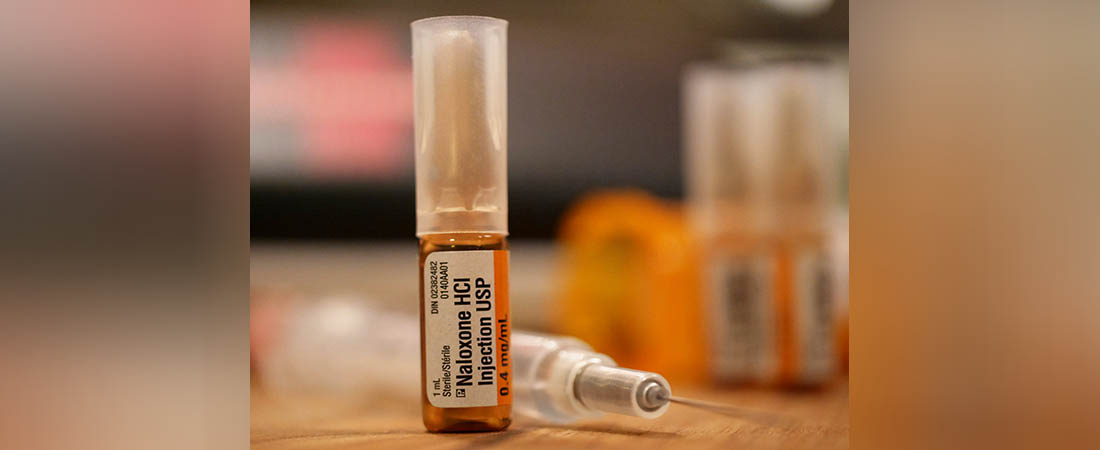
Craven County has committed $300,000 to renew a multi-county partnership that provides funding for Dix Crisis Center in Jacksonville, which officials describe as an essential component in the county’s battle against opioid addiction.
On June 19 the Craven County Board of Commissioners approved a memorandum of understanding between Craven, Onslow, and Carteret counties, the City of Jacksonville, Trillium Health Resources, Onslow Memorial Hospital and Carteret Health Care for operation costs and advisory board membership related to Dix Crisis Center. The facility provides non-hospital medical detoxification from opiates, benzodiazepines, and alcohol as well as short-term mental health and crisis stabilization.
Under the MOU, the county agrees to commit $300,000 for fiscal year 2023-24 to Trillium Health Resources that will be used for operational costs associated with Dix Crisis Center. Under the MOU, one county commissioner will also be assigned as a representative to serve on the advisory committee.
Carteret County agrees to pay $300,000 to Trillium while Onslow will commit to $375,000 under the agreement.
Craven County Manager Jack Veit said the one-year commitment has remained the same since it was first implemented in 2017. He said the county has budgeted $200,000 towards fulfilling the MOU obligation while what he described as an “internal partnership” with CarolinaEast Medical Center will also provide funding.
According to Veit, Craven County is averaging between 11 and 13 individuals a month that are receiving detox services.
“The way I see that it’s 11 to 13 lives per month we are potentially saving,” Veit said.
In 2022, Craven County reported more than 300 opioid overdoses and ranked second highest in North Carolina for opioid overdose emergency department visit rates, reaching 219.9 per 100,000 residents, a number surpassing the state rate of 150.8.
Commissioner Thomas Mark said Dix Crisis Center is an essential partner in helping combat the local opioid addiction crisis.
“I think the Dix Crisis Center is very important due to the opioid problem that we have…It’s a short term period for these people to receive treatment and it’s important for the hospital to understand for every person that we take out of the hospital within a certain period of time, two to three hours, they don’t have to come up with putting those people in rooms for a day or two days costing them a lot of money,” Mark commented.
The board of commissioners will hold a special called meeting on June 29 at 5 p.m. at the Riverfront Convention Center to provide information about the county’s Opioid Settlement Funds.
The funds come from a nationwide class action lawsuit settlement against opioid distributors and manufacturers. Phase 1 of the settlement process involved three major pharmaceutical companies — Cardinal, McKesson, and AmerisourceBergen and resulted in North Carolina receiving $750 million to fight the opioid epidemic. Craven County is set to receive $8.5 million of that money over the next 18 years.
In March, commissioners learned that the county will be receiving an additional round of funding from a phase 2 settlement involving pharmacies such as Walgreens, CVS, and Walmart.
At the time, County Attorney Arey Grady said preliminary talks suggested the litigation would result in a $10 billion nationwide settlement, with $750 million going to North Carolina to be distributed between counties and cities over a year and half timeframe.
By Todd Wetherington, co-editor. Send an email with questions or comments.

